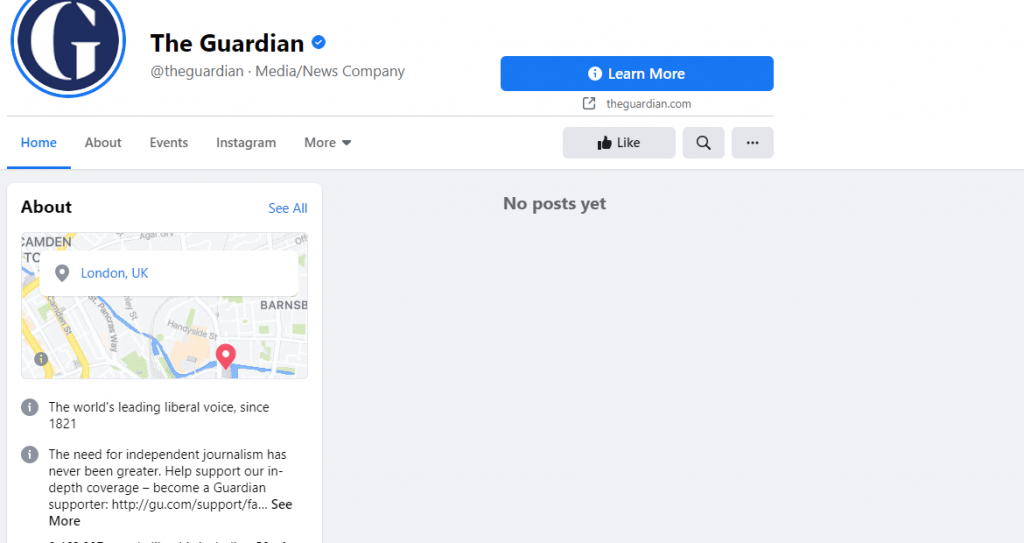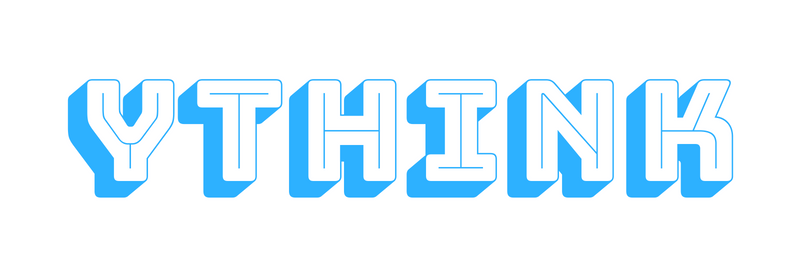The federal government has commissioned the ACCC to establish a mandatory code of conduct in order to confront the imbalances between traditional news organisations and major digital platforms, namely Google and Facebook.
What is it?
The ACCC initially recommended that a voluntary code between the tech giants and local media companies be reached through independent negotiations. However, after insufficient progress, the federal government intervened to establish a mandatory code.
Essentially, the federal government is seeking to develop legislation that would force Google and Facebook into mandatory arbitration with news publishers for payment for value they obtain from having news content in news feeds and search results.
The bill was first introduced into parliament in December of 2020 and is hoped to be debated and legislated in the senate this week.
Why is it being introduced?
An investigation by the ACCC unearthed that the tech giants had too much market power in the media industry, which poses a damaging risk to a well-functioning democracy.
This power can be demonstrated by Google occupying $53, and Facebook $28 for every $100 spent on digital advertising in Australia.
The ACCC argue that a percentage of this advertising revenue is unjustly derived from news content, and that digital platforms benefit financially from original news content produced by journalists.
Google and Facebook, however, argue that they are merely platforms, not publishers and that media organisations benefit from referrals and clicks through to their websites. In 2020, Facebook accounted for 5.1 billion referrals to Australian news companies worth approximately $407 million.
What does it mean for the tech giants?
Suffice to say, Google and Facebook are concerned with the workability of the code.
Google argues that it would fundamentally break how search engines work and that the code’s one-sided model only considers news publisher’s’ costs whilst attempting to discount the benefits news publishers receive from Google.
Facebook cites that it would risk an unknowable and unacceptable level of financial liability to their platform.
How have the tech giants responded?

Google gets angry then backflips.
Although Google has remained in favour of compensating news media organisations, they have been hesitant in complying with the mandatory arbitration code proposed by the government in its current form.
This has included an open letter by Google, which stipulates that the code would put Google’s everyday search function and data at risk, as well as hurt the free services used by Australians.
Google had previously threatened to withdraw all services from Australia in a stunning senate inquiry at the end of January, but they have since backflipped and sought more welcome remedies in the last couple of weeks.
It is understood that Google has agreed to pay up to $60 million a year in deals with Seven West Media and Nine Entertainment, as well as further “significant payments” to Newscorp for the use of their news content as part of the new Google Showcase. They are also set to fund smaller publishers such as: Crikey, The Conversation, The New Daily, and The Canberra Times.
Facebook hits the nuclear button: removing all news content from its platform.
After threatening for many weeks to remove all news from their platform, Facebook finally made good on their threat, removing all Australian news content this week on Thursday. Facebook claimed that it faced a dilemma on whether to comply with the proposed law, or to remove all news content for its Australian users. This has arisen in a defiant stance from Facebook, who state that the code’s value exchange runs heavily in favour of news publishers.
Google searches are inevitably interconnected with news by acting as a link between consumers and news publishers’ websites. However, news publishers voluntarily provide their content directly to Facebook’s platform, which has been attributed as a possible reason for the differing reactions between the two companies.

What does it mean for traditional news media?
The code is overwhelmingly supported by traditional news media, with Newscorp, Guardian Australia and Nine Entertainment leading its backing. The code is also expected to include the public broadcasters the ABC and SBS.
Its provisions are thought to provide a foundation for a more equitable relationship between digital platforms and news media, in order to help safeguard public interest journalism in Australia. Safeguarding journalism here refers to the expected gains from the code, which is the slated reform to traditional media business models that would see them regain a sustainable source of revenue that has been lost in the digital age.
Put simply, the digital tech giants will become the equivalents of your local newsagent—connecting the public to journalism while also paying for it.


